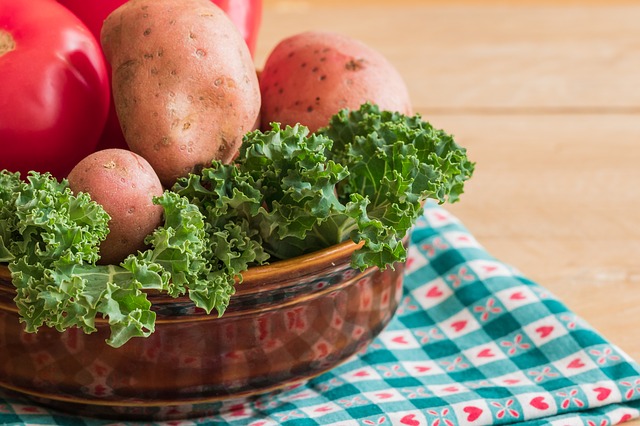Listen to your body. When you eat you should be evaluating how your body feels and reacts to the food you choose. This isn’t only referring to the “sore stomach” or “that food isn’t sitting well” sensations. You should be monitoring things like your energy level, mental state and overall health.
There are 13 essential vitamins that your body requires. These include vitamin A, B (1,2,3,5,6,7,9,12), C, D, E and K. Also, your body requires 16 essential minerals (major and trace) to function at full potential. To read more about the essential vitamins and minerals please visit Listing of vitamins by Harvard Medical School and Minerals: Their Functions and Sources by the University of Michigan.
Signs and Symptoms of a Deficiency
There are many signs and symptoms associated with a vitamin or mineral deficiency. Depending on your signs or symptoms, it can be pointing you in the direction of a specific deficiency. For a complete list of The Common Signs of Vitamin and Mineral Deficiencies by HuffPost, please click on this link.
Some of the more obvious signs and symptoms that you may have a deficiency include:
- Poor immune system
- Muscle weakness
- Fatigue
- Poor night vision
- Depression
- Trouble concentrating
- Poor memory
- Balance problems
Therefore, if you’re experiencing one or more of these signs/symptoms you should consult a professional for guidance or know it’s time to change up your eating habits.
Common Vitamin and Mineral Deficiencies
Common vitamin and mineral deficiencies that exist include vitamins A, B12, D and minerals iron and magnesium.
Vitamin A: responsible for immune system function, reproduction, vision, skin health and cell communication.
Vitamin B12: plays a vital role in brain function and development, the nervous system and red blood cell formation.
Vitamin D: important fo bone growth and immune system function.
Iron: red blood cell production and transfer oxygen throughout the body.
Magnesium: immune system support, nerve function, muscle function and bone health.
Food to Eat for Your Vitamins and Minerals
Although there’s different food suggestions for each deficiency, there’s many common foods that are recommended to eat for more than one deficiency. These include:
- Dark, leafy greens
- Nuts and seeds
- Seafood
- Beef
- Chicken
- Whole grains
- Legumes
- Fruit
- Eggs
- Broccoli
- Sweet potato
If you’re not eating many of the above foods, there’s a possibility you have a deficiency in one or more vitamin or mineral, or both. Try eating a well-balanced diet that includes the above food which will allow your body to feel and perform the best.
Try adding one food at a time and see if it changes the way you feel. Eating the right food to fuel your body will have a positive impact on your energy, mental state and overall health.
However, if you’re unable to consume the proper amount of vitamins and minerals in your daily diet, you may need to find a supplement to help you.
Listen to your body, eat a balanced diet and feel your best in every part of your day!
Links to references:
https://www.health.harvard.edu/staying-healthy/listing_of_vitamins
https://www.uofmhealth.org/health-library/ta3912
https://www.huffingtonpost.com.au/2016/08/22/the-common-signs-of-vitamin-and-mineral-deficiencies_a_21456849/



